When planning a trip dive into China one of the first things you’ll want to wrap your head around is the local currency.
Whether you’re an experienced globetrotter or it’s your first time in China, dealing with the country’s currency can help you make your trip much smoother.
In this post, I’m going to break down everything you need to know about the currency in China, so that you can soak up the rest of your trip!
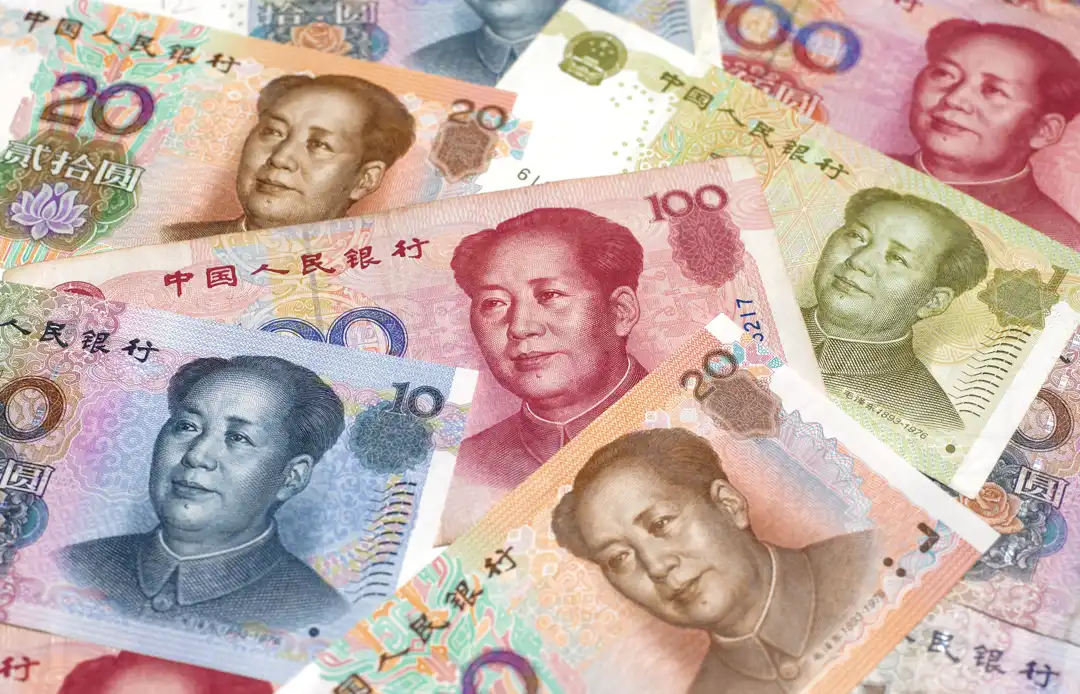
What Is the Currency of China?
China’s official currency Renminbi (RMB) means “People’s Currency” in Mandarin.
The Yuan (CNY) is the primary unit of currency, and it’s the unit most commonly referred to in conversation about money in China. Its symbol is ¥ and it is known internationally.
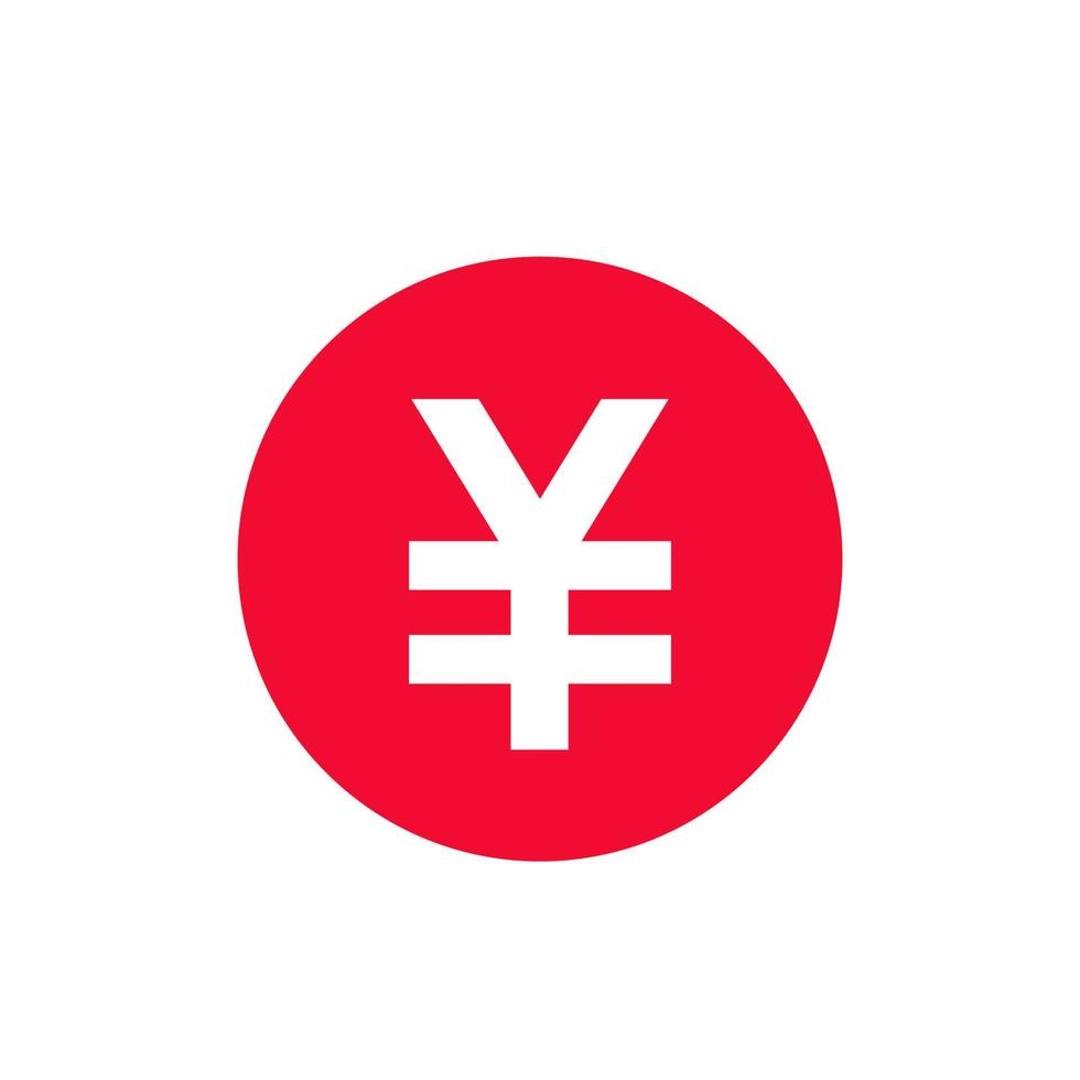
Although the legal tender is referred to as Renminbi, it is widely known as Yuan in everyday usage. For instance, if you hear someone saying "100 yuan," it stands for ¥100 (or 100 Renminbi).
Be aware that in China, Yuan and Renminbi can be generally used to mean the same thing.
Banknotes and Coins in China
Banknotes
You won’t be handling paper money for the most part as a tourist, but you will get to see some of the country’s bills, no doubt.
Chinese banknotes are available in the following amounts: ¥1, ¥5, ¥10, ¥20, ¥50, and ¥100.
The bills are very distinct looking. Most include a picture of Mao Zedong.
Coins
As for coins, you won’t use these too often. They are mostly used for smaller purchases, such as a snack or a short bus ride.
The most common coin values are ¥1, 50¢, 10¢, and sometimes 5¢.
While they are not as frequently used as the higher-denomination bills, it’s always useful to have some coins for minor purchases.
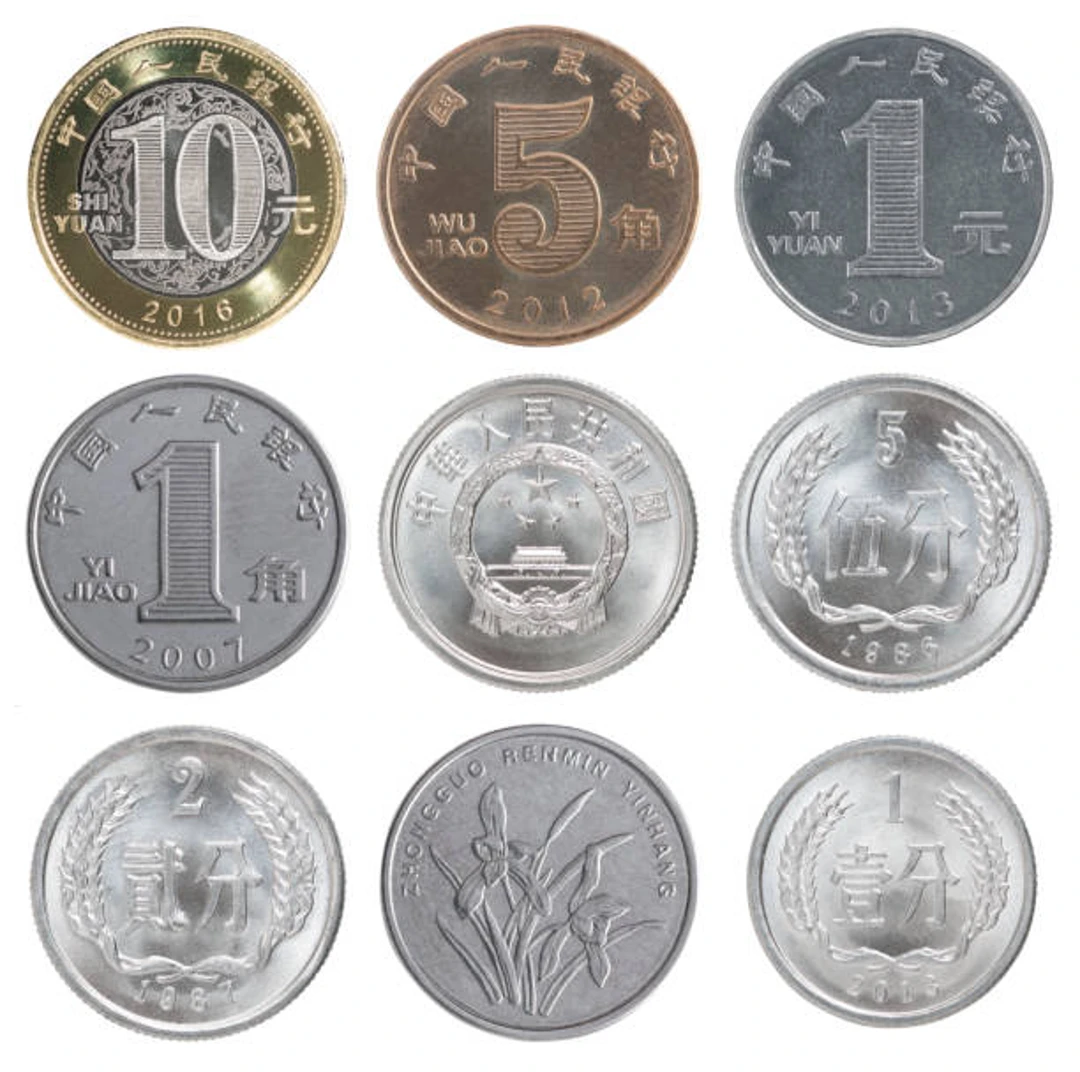
How to Exchange Currency in China
Exchange at Banks
Changing money at a bank in China is secure and dependable. Large banks such as the Bank of China and ICBC typically change money in most currencies.
Don’t forget to take your passport with you, as banks usually require it for currency exchange. The procedure may move more slowly than you’d like, but the rate you get will be equitable.
Currency Exchange Services
If you’re in the airport there are always currency exchange kiosks, which are easy to use and fast, albeit expensive.
In large cities there are currency exchanges, but beware of fees and always ask for the total amount you will receive.
Others like to order currency through online services and pick it up at the airport or at local branches.
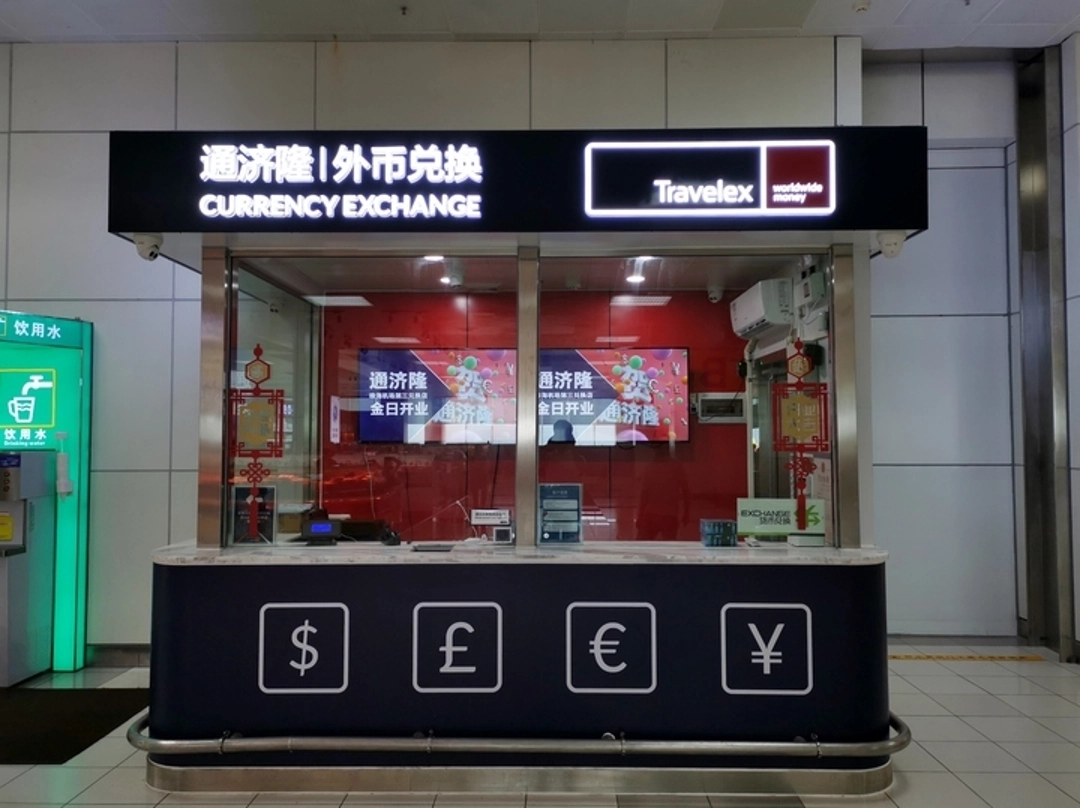
ATMs
ATMs are your best friend in China, but you’ll need one that works with foreign cards. You can usually select an English language display, which is helpful.
Just be sure to watch for hefty fees — consult your bank at home about the best strategies.
It’s also convenient to exchange money via ATMs, which provide better rates than currency exchanges, with minimal hidden fees on larger transactions.
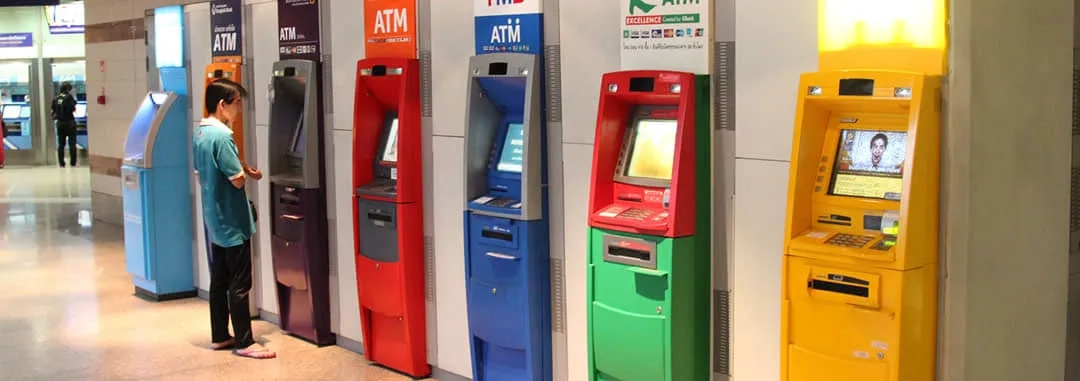
Currency Exchange Rates
With exchange rates updating regularly, you’ll want to monitor them. Apps and websites make it easy to check the most up-to-date rates before you swap your money.
That way you can better determine if you should convert cash right then and there. A bit of preparation can go a long way in saving you money on your travels.
The Common Payment Methods in China
Digital Payments
Digital payments are all the rage in China. No matter where you go, there always seems to be someone pulling out their phone to pay for something, be it a taxi, a drink, or even a fancy meal.
It’s incredible how widespread and accepted Alipay and WeChat Pay are. For those two reasons alone, these apps are worth downloading if you’re visiting China.
Credit and Debit Cards
Though, also like home, not everyplace accepts cards. In Beijing and Shanghai, it’s pretty easy to get by with a card in major hotels, restaurants, and stores.
But once you get into the hinterlands “off the beaten track,” card acceptance starts to get spotty. It’s best to have access to different types of payments so you can be on the safe side no matter where you go.
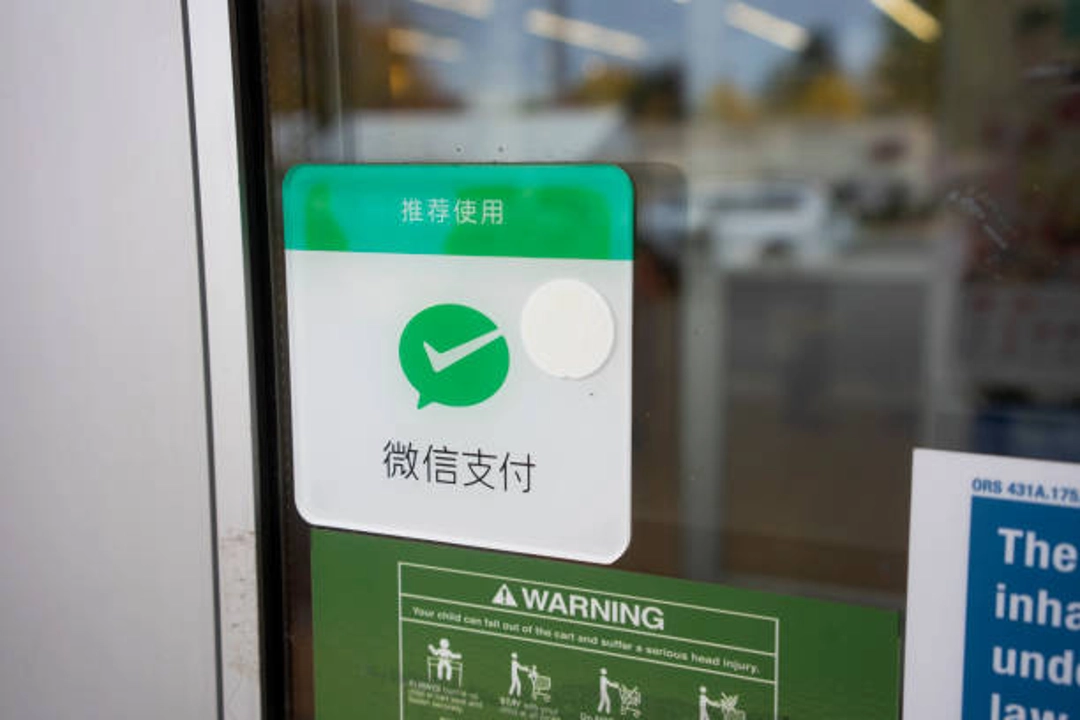
Cash vs. Digital
But despite the digital trend, it’s wise to bring some cash on your trip, particularly if you intend to head out to smaller towns or into the country.
Mom and pop shops in the middle of nowhere may not take digital wallets, and then cash is going to be king.
A midsized balance of cash and digital transactions will make for a more flexible and stress-free trip.
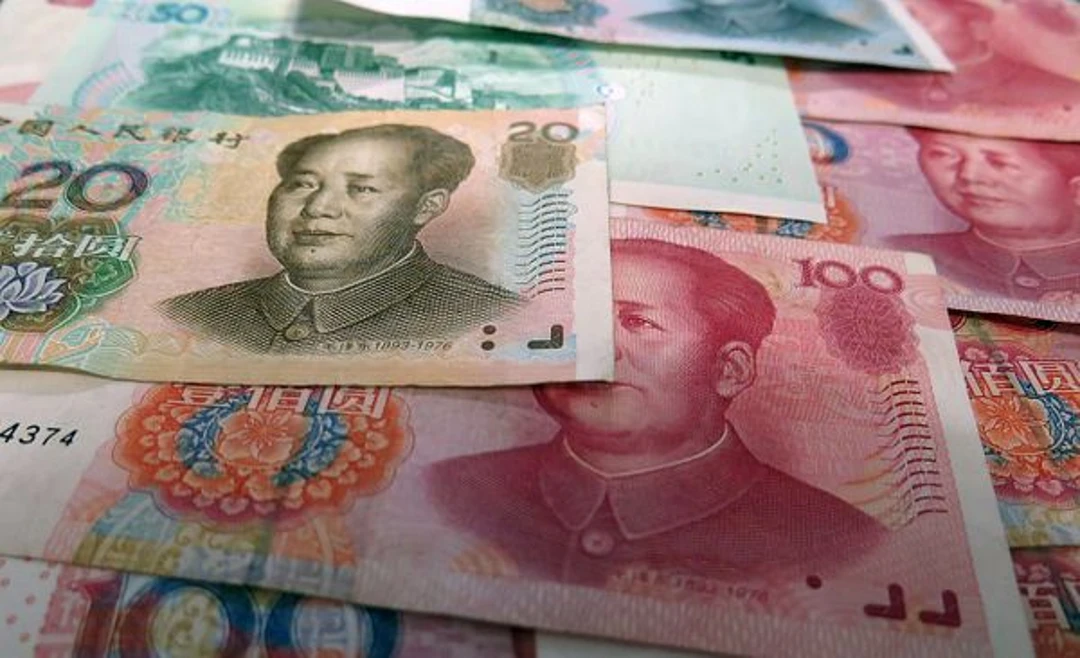
Tips for Managing Money While Traveling in China
Avoiding Counterfeit Currency
Counterfeit money isn’t easy to identify in China. If anything seems amiss with the feel and/or look of the bills, err on the side of caution and use a currency app to check for counterfeit.
Try to exchange money at banks or exchange bureaus for ease.
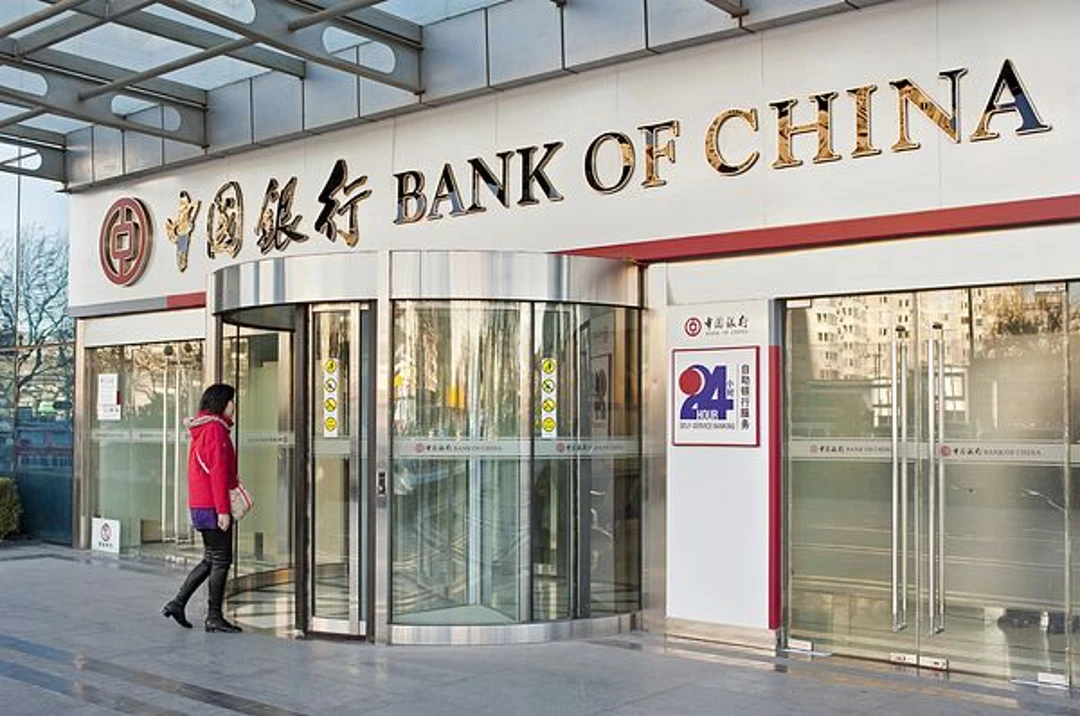
Currency Limitations
Make sure you know what the currency exchange rules. China allows a maximum amount of cash in and out of the country.
Understanding the rules makes for smoother travels and less stress.
Budgeting Tips
Traveling isn’t cheap, but it doesn’t have to cause a lot of stress! Apps that convert currency can help you see how much you’re actually spending in, say, U.S. dollars.
It also doesn’t hurt to stick to a daily budget or have an idea of where your money is going. You’ll just enjoy your travels that much more!
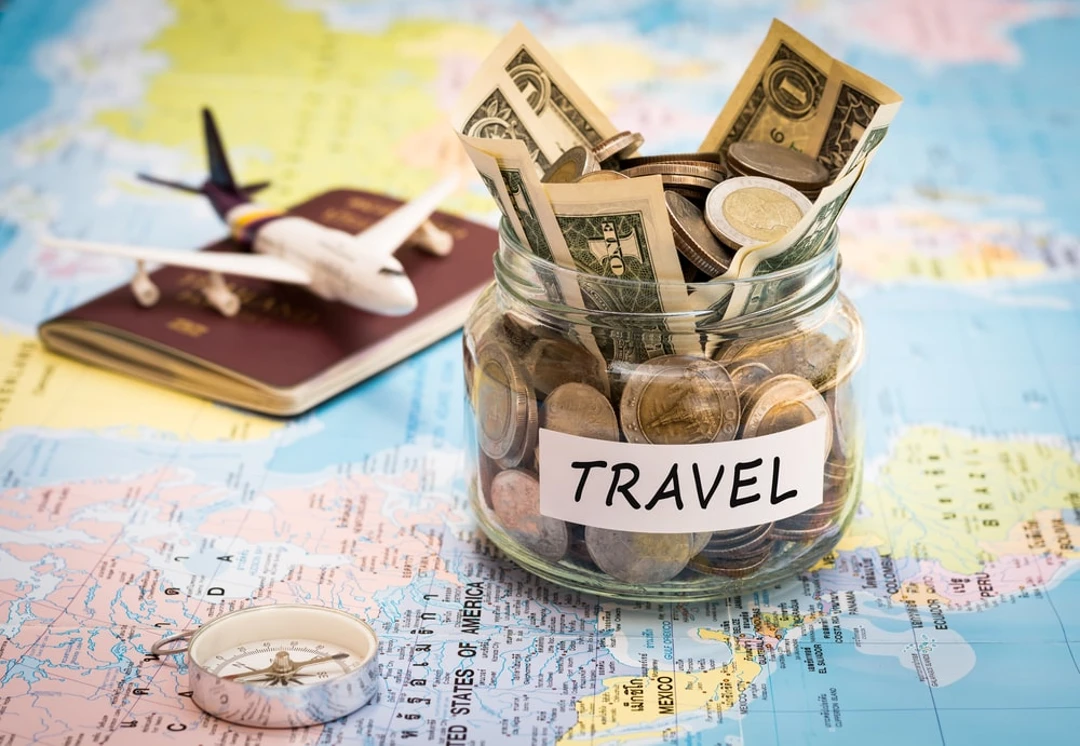
FAQ
1. Can I use the US dollar/other foreign currency in China?
No, you can’t pay with other currency in China. You will need to exchange your money for Renminbi (RMB).
2. Does China accept credit and debit card payments?
International credit cards (like Visa and Mastercard) are not commonly accepted except in larger hotels and tourist locations. Pay via mobile or in cash.
3. Should you pay with cash or digital transfers in China?
In major cities, you’ll be able to use Alipay and WeChat Pay but do keep some cash handy (either for rural areas or for small transactions).
Conclusion
Understanding China’s currency (the Renminbi or RMB, and the base unit, the Yuan or CNY) will make your travels easier.
While cash is still common, digital payments like Alipay and WeChat Pay are widely used in cities.
If you use these reputable outlets and have cash and digital means to pay, you, too, will be set to visit China without any issues.
